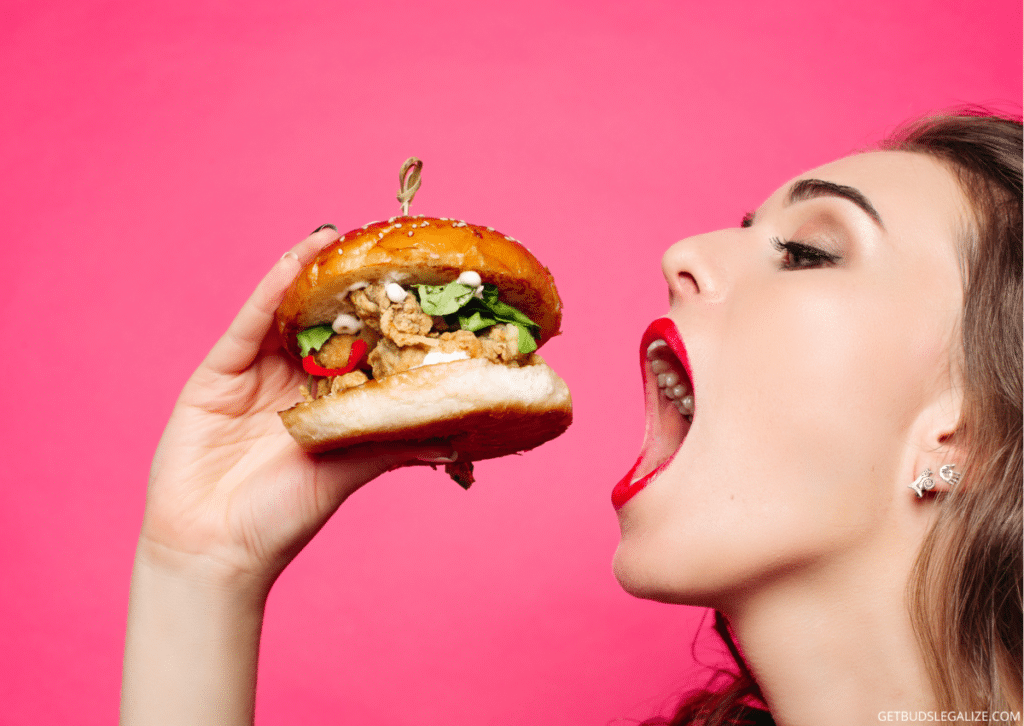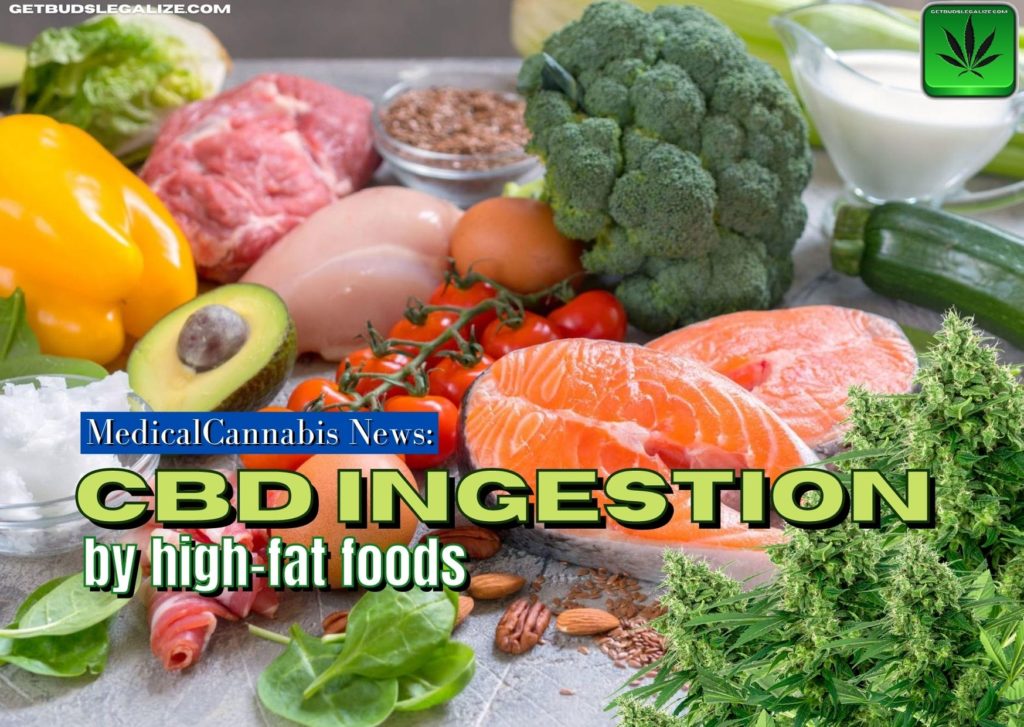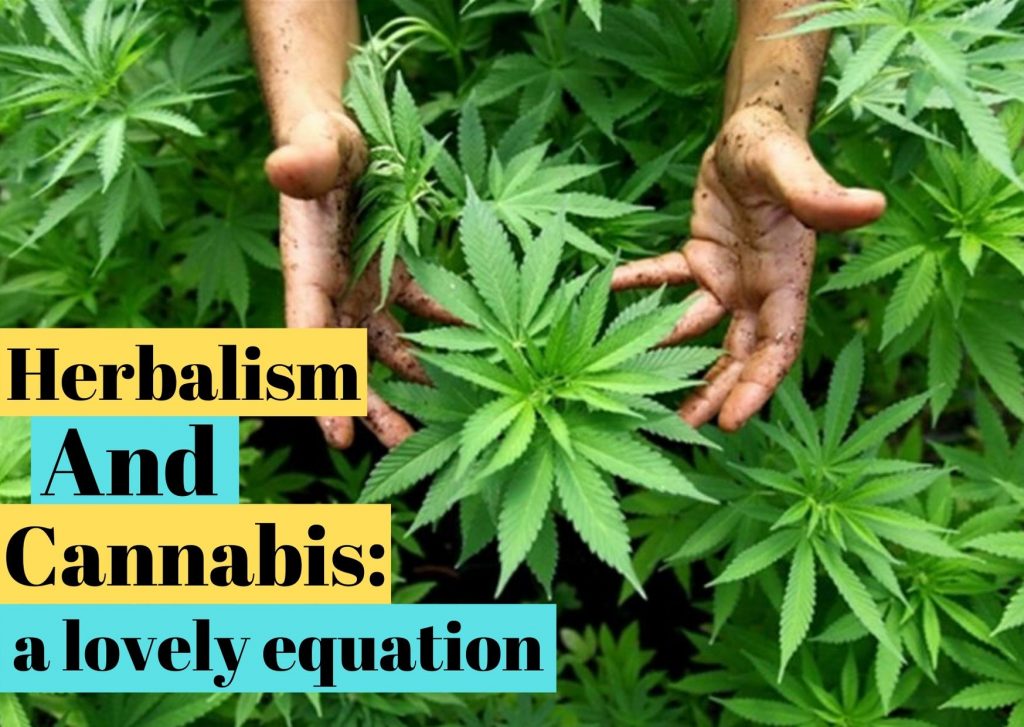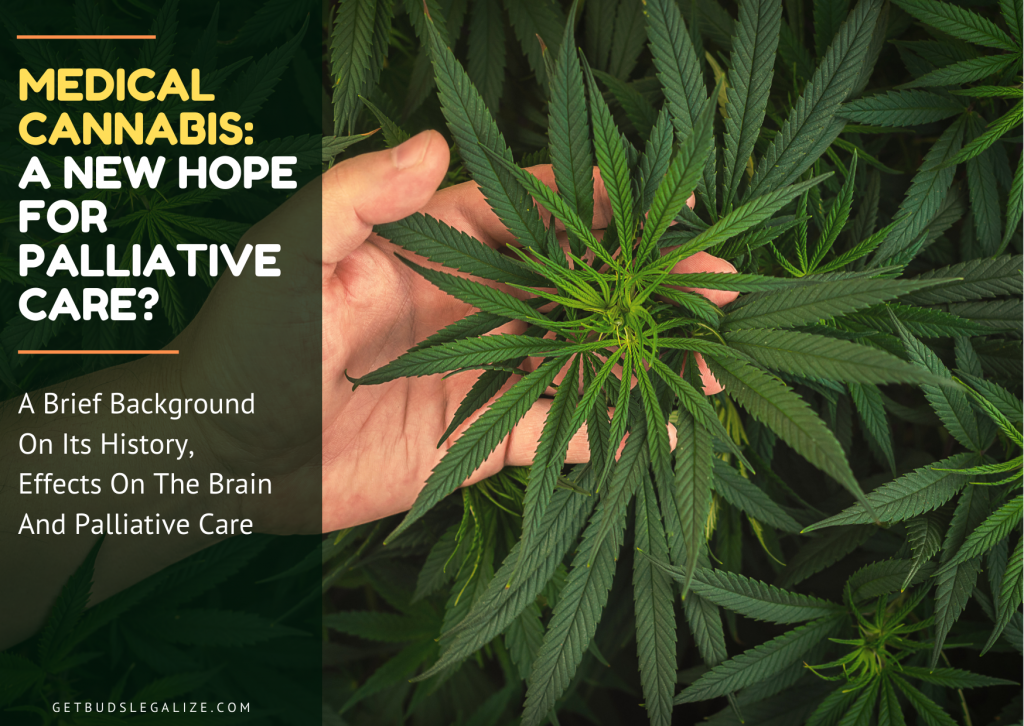Why Does THC Make You Hungry? A Scientific Explanation
If you have ever used cannabis, you may have experienced a phenomenon known as “the munchies” – a sudden and intense increase in appetite that can make you crave and devour all kinds of foods. But why does this happen? How does cannabis affect your hunger hormones and brain regions that regulate eating behavior? In this blog post, we will explore the science behind THC-induced hunger and some tips to manage it.
What Is THC and How Does It Work?
THC, or tetrahydrocannabinol, is the main psychoactive compound in cannabis. It is responsible for the high that you feel when you consume weed. THC works by binding to cannabinoid receptors in your brain and body. These receptors are part of the endocannabinoid system, which regulates various functions such as mood, pain, memory, sleep, and appetite.
When THC binds to these receptors, it triggers a cascade of effects that alter your perception, cognition, and emotions. One of these effects is an increase in the release of dopamine, a neurotransmitter that is associated with pleasure and reward. Dopamine makes you feel good and motivates you to seek more of what caused it. This is why THC can make you feel euphoric and relaxed.
What Is The Endocannabinoid System?
The endocannabinoid system is a complex network of receptors and molecules that modulate various aspects of your health and well-being and consists of two main types of receptors: CB1 and CB2. CB1 receptors are mostly found in the central nervous system, while CB2 receptors are mostly found in the peripheral nervous system and immune cells.
The endocannabinoid system plays a key role in maintaining homeostasis, or balance, in your body. It helps regulate processes such as inflammation, pain, stress, mood, memory, sleep, digestion, metabolism, and appetite. When something goes wrong or is out of balance in your body, the endocannabinoid system steps in to restore equilibrium.
How Does THC Stimulate Appetite?
One of the areas in your brain that THC affects is the hypothalamus. The hypothalamus is responsible for regulating signals such as hunger and satiety.
Normally, when you eat enough food, your body produces a hormone called leptin, which tells your hypothalamus that you are full and should stop eating. However, when THC binds to cannabinoid receptors in the hypothalamus, it interferes with this feedback loop. It reduces the sensitivity of the hypothalamus to leptin and other signals that normally suppress appetite. As a result, you feel hungry even if you have eaten enough.
THC also affects another part of your brain called the olfactory bulb. This is where your sense of smell is processed. THC enhances your sense of smell and taste by increasing the activity of neurons in the olfactory bulb. This makes food more appealing and enjoyable to you. You may notice that flavors are more intense and delicious when you are high. This also contributes to your increased appetite.
How Long Do The Munchies Last?

The duration of the munchies depends on several factors, such as how much cannabis you consume, how you consume it, and your individual metabolism. In general, inhaling cannabis (smoking or vaping) produces a faster and shorter-lasting effect than ingesting it (eating or drinking).
Inhaling cannabis can make you hungry within minutes and last for about 2 to 3 hours. Ingesting cannabis can take up to 2 hours to kick in and last for up to 6 hours or more.
Here Are Some Tips to Help You Manage Your Munchies:
If you want to avoid getting munchies when you smoke weed, there are some things you can do to reduce your appetite or make healthier choices. Here are some tips:
- Choose strains with less THC or more CBD. CBD, or cannabidiol, is another compound in cannabis that has many health benefits. Unlike THC, CBD does not make you high or hungry. In fact, some studies suggest that CBD may suppress appetite or help with weight loss by influencing metabolism and fat cells. Therefore, choosing strains with a lower ratio of THC to CBD may help you control your hunger better.
- Drink plenty of water. Smoking weed can cause dry mouth, which can make you thirsty and confuse it with hunger. Drinking water before and after smoking can help you stay hydrated and prevent overeating. Water can also fill up your stomach and make you feel fuller.
- Plan ahead and prepare healthy snacks. If you know you are going to smoke weed and get hungry, it is better to have some nutritious snacks ready than to order junk food or raid the fridge. Some examples of healthy snacks are fruits, nuts, yogurt, granola bars, hummus, carrots, and popcorn. These foods can satisfy your cravings without adding too many calories or fat.
- Distract yourself from other activities. Sometimes, eating when high is more of a habit than a necessity. You may eat out of boredom or because it is part of your routine. To break this cycle, try doing something else that engages your mind or body after smoking weed. For instance, you could watch a movie, play a game, read a book, listen to music, meditate, exercise, or chat with friends.
Are There Any Benefits of THC-Induced Hunger?
THC-induced hunger can have some benefits for certain people and conditions. For example, medical marijuana can help relieve nausea and stimulate appetite in people who suffer from chronic illnesses such as cancer, HIV/AIDS, or anorexia nervosa.
This can improve their quality of life and help them maintain a healthy weight. Cannabis can also enhance the enjoyment of food and make eating more pleasurable for people who have a low appetite due to stress, depression, or other factors.
Are There Other Cannabinoids That Affect Appetite?
Yes, there are other cannabinoids that can affect appetite, either by stimulating it or suppressing it. Some examples are:
- Cannabigerol (CBG), a non-psychoactive cannabinoid that may also stimulates appetite by activating the CB1 receptor and increasing ghrelin levels. CBG may also have anti-inflammatory and neuroprotective properties.
- Cannabidiol (CBD), a non-psychoactive cannabinoid that may reduce appetite by blocking the CB1 receptor and decreasing ghrelin levels. CBD may also have anti-anxiety, anti-inflammatory and anticonvulsant properties.
- Tetrahydrocannabivarin (THCV), a psychoactive cannabinoid that may suppress appetite by antagonizing the CB1 receptor and increasing leptin levels. THCV may also have anti-obesity, antidiabetic and neuroprotective properties.
How Can I Use Cannabis For Appetite Control?
Depending on your goals and preferences, you can use cannabis to either increase or decrease your appetite. If you want to stimulate your appetite, you may benefit from strains that are high in THC and/or CBG, such as OG Kush, Sour Diesel, or Cheese. If you want to suppress your appetite, you may benefit from strains that are high in CBD and/or THCV, such as Harlequin, ACDC, or Durban Poison. You can also use different methods of consumption, such as smoking, vaping, or edibles, to control the onset and duration of the effects.
However, before using cannabis for weight management, you should consult with your doctor and consider other factors that may affect your health and well-being. Cannabis is not a substitute for a balanced diet and exercise routine, and it may have side effects or interactions with other medications or substances. You should also be aware of the legal status of cannabis in your area and use it responsibly.
Conclusion
THC is a cannabinoid that can make you hungry by enhancing the taste of food and stimulating hunger hormones. This can be beneficial for some people who need to increase their appetite due to medical reasons, but it can also be a challenge for others who want to control their food intake.
By choosing the right cannabis products, dosing carefully, and following some tips, you can manage the munchies and enjoy cannabis without compromising your health goals.
FAQs
THC-induced appetite can have both positive and negative effects on your health and well-being. On one hand, it can be beneficial for people who suffer from conditions that cause loss of appetite, such as cancer, HIV/AIDS, or anorexia nervosa. THC can help them regain their appetite and weight, which can improve their quality of life and survival chances.
On the other hand, THC-induced appetite can also lead to overeating and weight gain, which can have negative consequences for your health. Overeating can cause digestive problems, such as nausea, bloating, or diarrhea. Weight gain can increase your risk of developing obesity-related diseases, such as diabetes, heart disease, or stroke. Moreover, overeating can also affect your mental health by causing guilt, shame, or low self-esteem.
Therefore, it is important to be mindful of your eating habits when you consume weed. You should try to avoid junk food and choose healthier options instead. You should also limit your portion sizes and drink plenty of water to stay hydrated. You should also exercise regularly to burn off excess calories and maintain a healthy weight.
THC-induced hunger may vary depending on several factors, such as:
- The dose and potency of THC: Higher doses and more potent strains of cannabis may produce stronger effects on appetite than lower doses and less potent strains.
- The mode of consumption: Smoking or vaping cannabis may produce faster and more intense effects on appetite than eating or drinking cannabis-infused products, which may have delayed and longer-lasting effects.
- The individual characteristics: THC-induced hunger may depend on personal factors such as genetics, metabolism, tolerance, mood, health status, and dietary habits.
The answer to this question is not straightforward because there are many factors that influence weight gain or loss besides smoking weed. Some of these factors are genetics, metabolism, diet, exercise, stress levels, and sleep quality.
However, some research suggests that smoking weed may be associated with lower body weight and reduced risk of obesity. This can be associated with several reasons, such as:
- Smoking weed may increase mobility and physical activity for some people who experience pain or stiffness.
- Smoking weed may reduce stress and anxiety, which can lead to emotional eating and cravings for unhealthy foods.
- Smoking weed may improve sleep quality and duration, which can affect hormones and metabolism related to weight regulation.
- Smoking weed may interact with cannabinoid receptors in the body, which play a role in energy balance and appetite control.
It’s important to note that smoking weed doesn’t directly cause you to lose weight or stop you from gaining weight. It can have different effects on different people depending on their individual characteristics and habits. Smoking weed also comes with risks and disadvantages, such as impaired judgment, memory loss, respiratory problems, and addiction.
Therefore, it is not a recommended or effective way to lose weight. The best way to achieve a healthy weight is to follow a balanced diet, exercise regularly, and consult a doctor if needed.
















